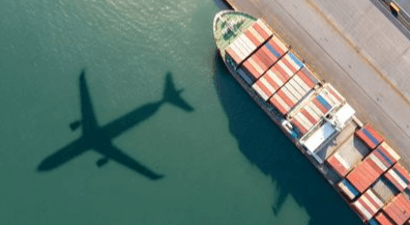Rules of Origin - The "direct transport" Rule - Shipping & Logistics update
It is well-established that in order for goods to enjoy preferential treatment on importation proof of origin must be submitted to the customs authority of the importing country. Proof of origin may take the form of a Certificate of Origin (“CoO”) or an Origin Declaration endorsed on a commercial document.
Trade however tends to overlook the fact that the CoO and Origin Declaration may not be sufficient evidence of origin, particularly where such goods were exported through a territory not party to the free trade agreement (“FTA”) in respect of which preference is claimed.
Originating goods are required to not only comply with the concept of “originating products” but also satisfy the territorial requirements of the FTA, which make provision for, inter alia, compliance with what is called the “direct transport” rule.
In terms of the “direct transport” rule goods must be transported directly between member states. The exceptions to the rule require that the following conditions are met:
(i) The goods remained under the surveillance of the customs authorities or in a bonded warehouse in the transit country; and
(ii) The goods did not undergo operations other than unloading, reloading or those designed to preserve the goods in good condition.
Where goods were exported through a third-party territory, customs is entitled to call for proof that there was compliance with the conditions of the “direct transport” rule. The following is documents are accepted as evidence of compliance with the conditions:
(a) a single transport document covering the passage of the goods from the exporting country through the country of transit; OR
(b) a document issued by the customs authorities of the transit country (known as a “Non-Manipulation Certificate”); OR
(c) Any other documentation customs may deem acceptable.
In the circumstances, in order to avoid unnecessary business interruptions and curtail costs occasioned by customs’ stops due to lack of evidence of compliance with the “direct transport” rule, trade must ensure that it obtains and maintains sufficient evidence to satisfy customs of due compliance with the “direct transport” Rule.





